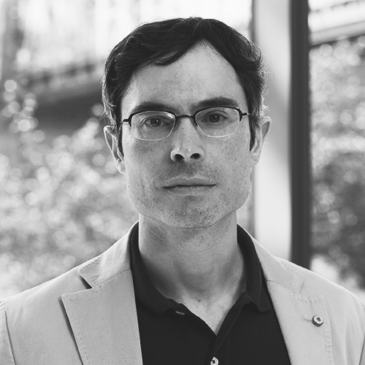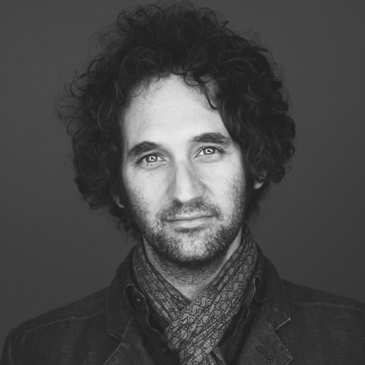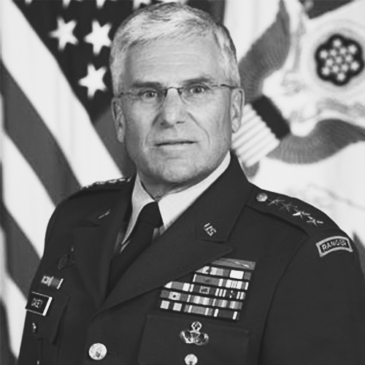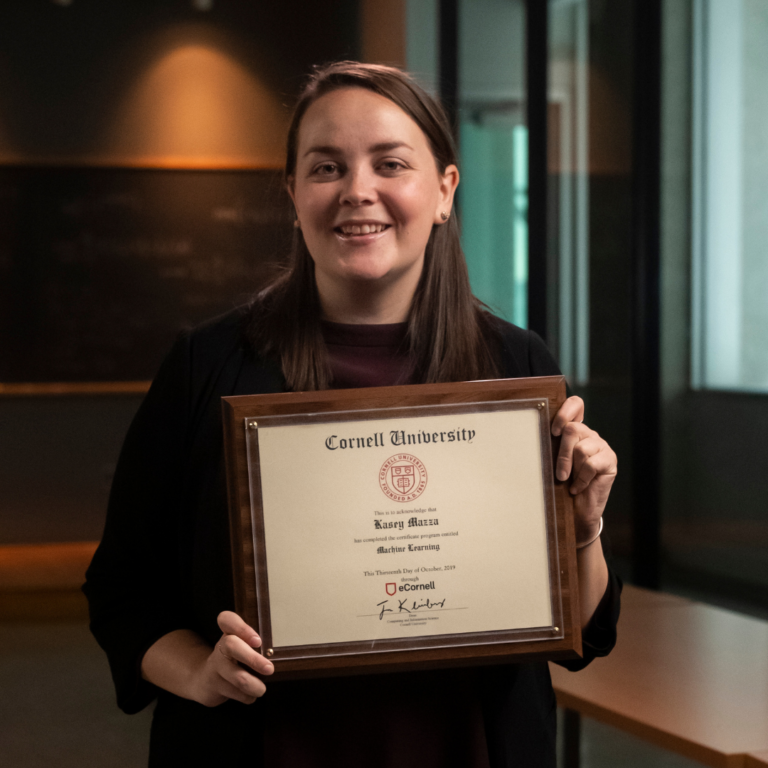Karan Girotra, Professor of Operations, Technology and Information Management (OTIM), is the recipient of the Charles H. Dyson Family Professor of Management chair, for a 5-year term. This chair was given by Rob Dyson, MBA ’74 to support a founding faculty position for Johnson instruction at Cornell Tech, in honor of his father, the founder of the Dyson-Kissner-Moran Corporation.
Karan Girotra is a Professor at Cornell Tech and in the Johnson School at Cornell University. Karan collaborates with companies building new business models in the areas of urban living, smart transportation and e-commerce, helping them build rigorous research based solutions.
Karan’s research team has been recognized by multiple awards including the prestigious Wickham Skinner Early Career Research Award and multiple best paper awards. He has also won teaching awards for his teaching on entrepreneurship and new business models and was featured in the Poets and Quant’s Best 40 under 40 business professors lists.
In addition to his academic work, Karan was one of the founders of Terrapass Inc., which the New York Times identified as one of the most noteworthy ideas of 2005. Since then, TerraPass has helped businesses and individuals reduce over hundred million tons of carbon dioxide emissions.
Karan holds PhD and AM degrees from the Wharton School of the University of Pennsylvania, and a Bachelor degree from the Indian Institute of Technology, Delhi.
















